News
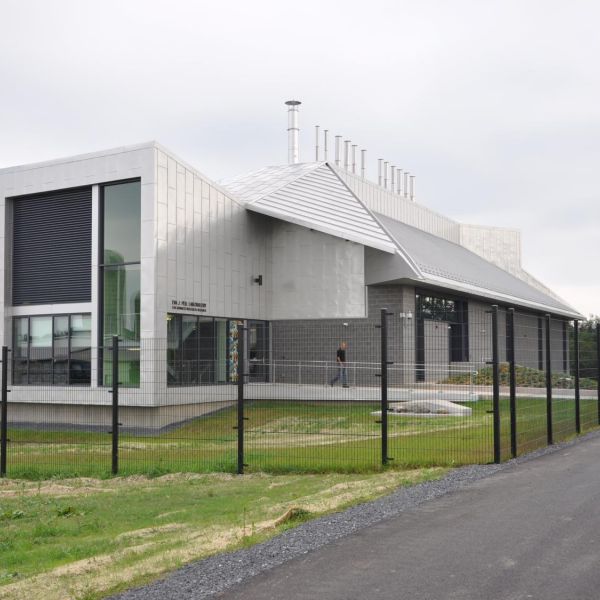
Oct 02, 2023
Q&A: What is the Eva J. Pell ABSL-3 Laboratory for Advanced Biological Research?
Beata Clapp explains how Penn State’s Pell Lab facilitates research to forecast the severity of potential disease outbreaks and inform the development of therapeutics and diagnostics.
Full Article
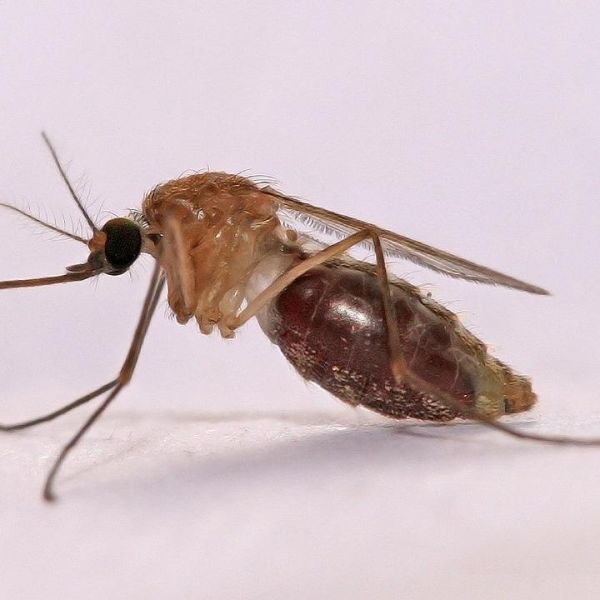
Sep 21, 2023
New strategies may reduce treatment failure in malaria by up to 81%
To slow resistance and reduce treatment failures to therapies for malaria, an international research team led by Penn State investigated various drug policy interventions in Rwanda.
Full Article
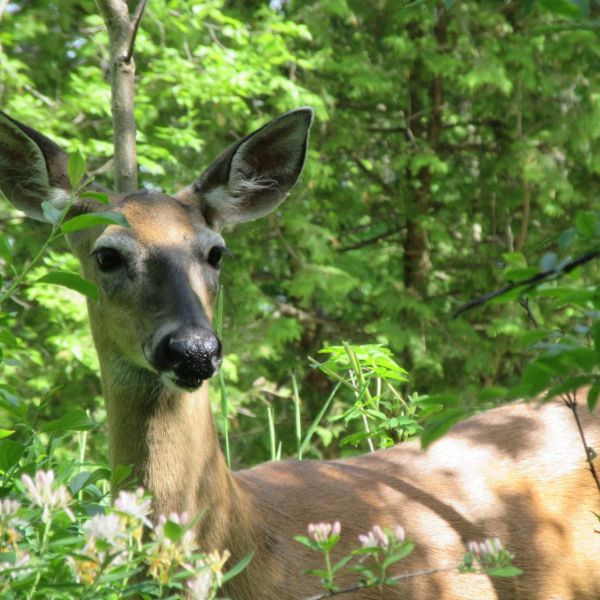
Sep 13, 2023
Testing 58 wildlife species for SARS-CoV-2 among goals of $4.5M USDA grant
A team of researchers has received a $4.5 million grant to test wild animals for SARS-CoV-2 with a goal of monitoring for potential spillback to humans.
Full Article

Jun 07, 2023
Heard on Campus: Martha Nelson on the SARS-CoV-2 virus in deer
“There don’t appear to be evolutionary adaptations required for human SARS-CoV-2 virus to transmit in deer so far,” said Eberly College of Science alumna Martha Nelson, reflecting on her past two years of work as a staff scientist at the National Institutes of Health (NIH).
Full Article
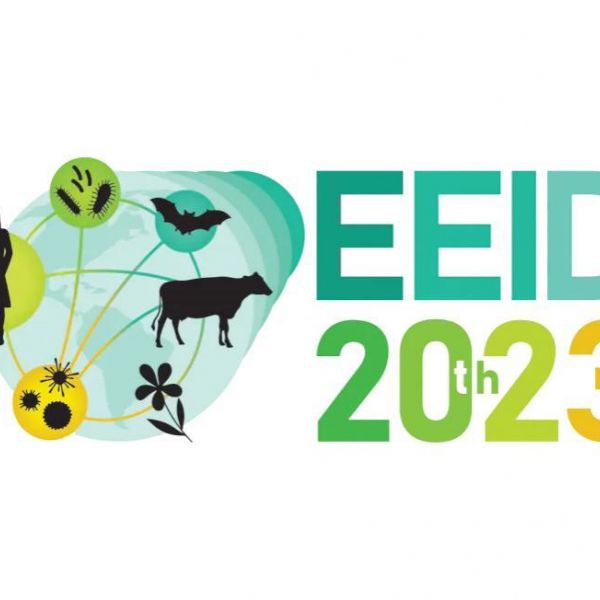
May 16, 2023
Center for Infectious Disease Dynamics hosts infectious disease conference
The Penn State Center for Infectious Disease Dynamics (CIDD) will welcome 350 scientists from around the globe to discuss parasites and pathogens affecting plants, animals and humans, as part of the Ecology and Evolution of Infectious Disease conference.
Full Article

Apr 13, 2023
Penn State announces 2023 University-wide faculty and staff awards
Each spring, Penn State recognizes outstanding faculty and staff with annual awards in teaching and excellence. These awards highlight many of the University's faculty and staff who go above and beyond in their work at Penn State.
Full Article

Feb 27, 2023
McGraw elected as a Fellow of the American Academy of Microbiology
Elizabeth "Beth" McGraw, professor and department head of biology and Huck Scholar in Entomology at Penn State, has been elected as a Fellow of the American Academy of Microbiology.
Full Article

Dec 02, 2022
Q&A: What can we expect from COVID-19 this winter?
Katriona Shea, Alumni Professor in the Biological Sciences at Penn State, co-leads the COVID-19 Scenario Modeling Hub, which has provided projections for COVID-19 hospitalizations and deaths in the United States to the Centers for Disease Control and Prevention throughout the COVID-19 pandemic.
Full Article
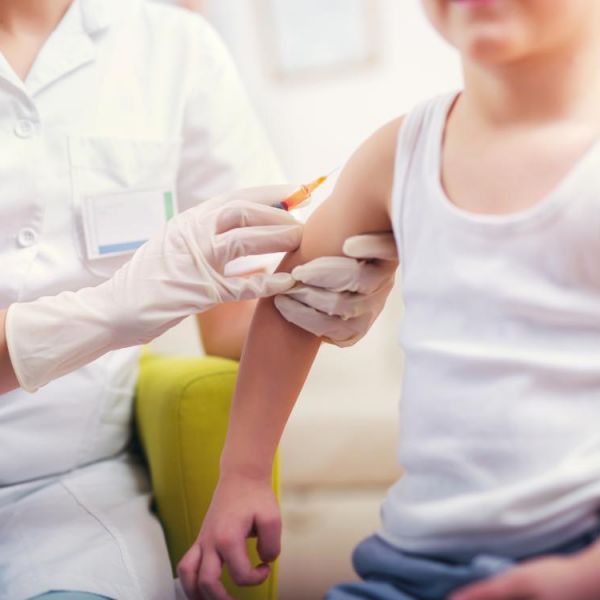
Dec 06, 2022
Nearly 40 million children are dangerously susceptible as measles threat grows
Measles vaccination coverage has steadily declined since the beginning of the COVID-19 pandemic, according to a report published on Nov. 23 by the World Health Organization (WHO), the United States Centers for Disease Control and Prevention (CDC) and several university researchers, including Matthew Ferrari, director of the Center for Infectious Disease Dynamics at Penn State.
Full Article
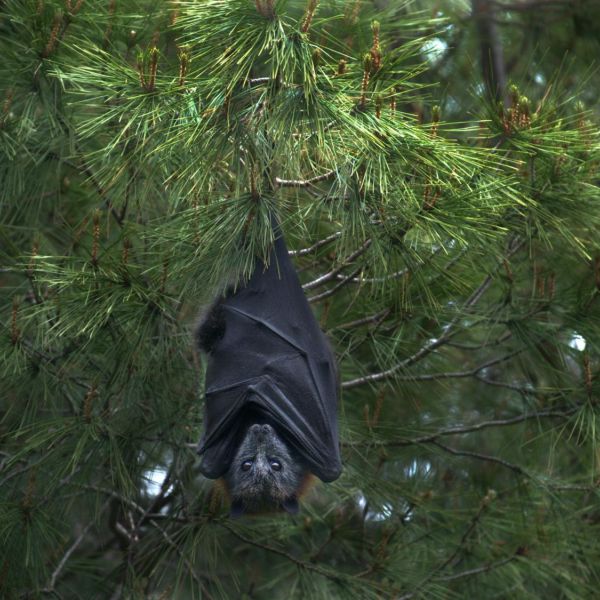
Nov 18, 2022
To prevent next pandemic research suggests we need to restore wildlife habit
Preserving and restoring natural habitats in specific locations could prevent pathogens that originate in wildlife from spilling over into domesticated animals and humans, according to new research led by an international team of researchers, including Penn State.
Full Article